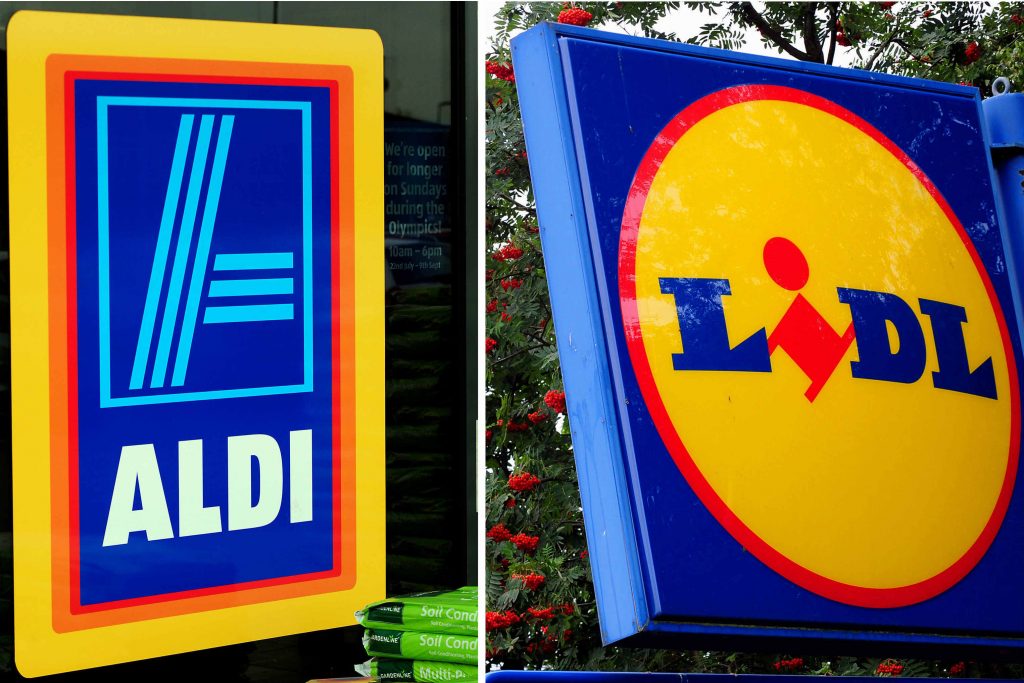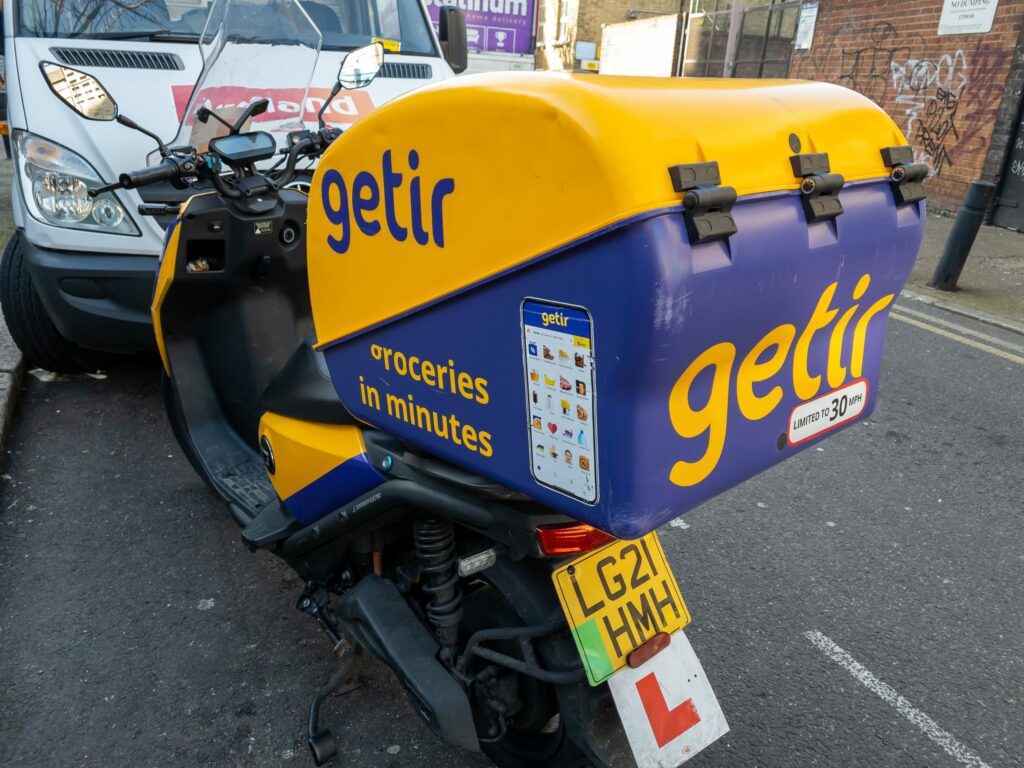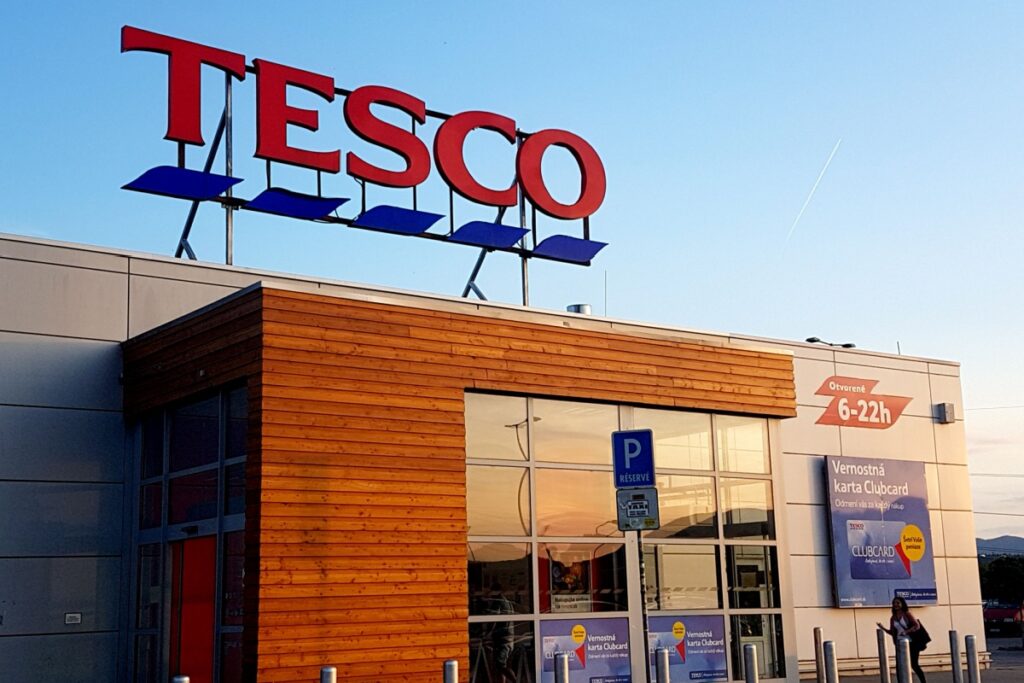It’s finally happened. UK grocery’s Big Four, which just a decade ago seemed immovable, has a new player.
Aldi, which held less than 3% share of the market 10 years ago, has been threatening to overtake Morrisons’ market share for a while now but few expected the leapfrog to happen so soon.
The discounter’s market share rose by 1.2 percentage points in the 12 weeks to September 4 on the back of a 18.7% sales rise. This took its UK grocery market share to 9.3% from 8.1% a year ago. Meanwhile Morrisons’ sales fell 4.1%, with its share falling to 9.1% from 9.8%.
The phenomenal rise of Aldi – along with rival discounter Lidl – is well-documented and it’s no surprise that the cost-of-living crisis has provided another catalyst for growth.
Shoppers are understandably flocking to the discounters as budgets become more strained. It says a lot about the power of Aldi and Lidl that in a market where every grocer is screaming about low prices, they continue to thrive.
When it comes to price, Morrisons is whispering rather than screaming like its rivals.
But what about Morrisons? Why has it lost share so rapidly?
Although Morrisons has other avenues for growth – convenience through its new acquisition of McColl’s and wholesale growth, including its tie-up with Amazon Fresh, to name a couple – but right now the broader grocery market is all about price.
And when it comes to price, Morrisons is whispering rather than screaming like its rivals.
Although it launched price cuts on hundreds of own-brand lines in late April, this move came later than rivals and Morrisons reputation on price had already been hit.
In fact, Trustpilot data analysed by Britsuperstore, found that Morrisons was the most complained about supermarket in regards to prices, deals and savings in 2022.
Britsuperstore found that more than 97% of Trustpilot reviews were classed as ‘negative’ in these areas.
Morrisons does have a unique opportunity to compete in the price war that is raging in grocery right now. It’s vertical integration model means that the grocer produces much of its own fresh produce.
Credit agency Fitch warned earlier this year that Morrisons price would likely rise due to the £5.6 billion debt pile it is burdened with since private equity firm CD&R bought the grocer last year.
With much debt to pay off, perhaps its owner is unprepared to take a margin cut right now.
More choice than ever
However, the retailer needs to desperately reinstate its value credentials and quick, or risk losing further share.
After all, Aldi isn’t the only discounter hoovering up share. Lidl, in fact, is the fastest-growing grocer in the UK, with sales up by 13.9% in the 12 weeks to 10 July, according to Kantar Worldpanel data.
How long before Lidl is biting at Morrisons ankles?
With both Lidl and Aldi still opening stores at the rate of knots, the pair’s market share has much room for inflation.
Whilst Morrisons market share has plunged 1% to 9% over the past year, Lidl – who earlier this year leapfrogged The Co-op earlier this year to become the sixth biggest grocer – has seen its market share surge 0.9% to 7%. How long before it is biting at Morrisons ankles?
Add to that the raft of general discounters such as B&M, Home Bargains and Poundland that are pushing further and further into grocery and attracting cash-strapped shoppers to their stores each week.
What is clear is that the Big Four’s dominance is over. Shoppers have so much more choice over where to buy their groceries.
Unless supermarkets offer consumers what they want – which right now must include low prices – they will shop elsewhere.
Click here to sign up to Retail Gazette‘s free daily email newsletter
















